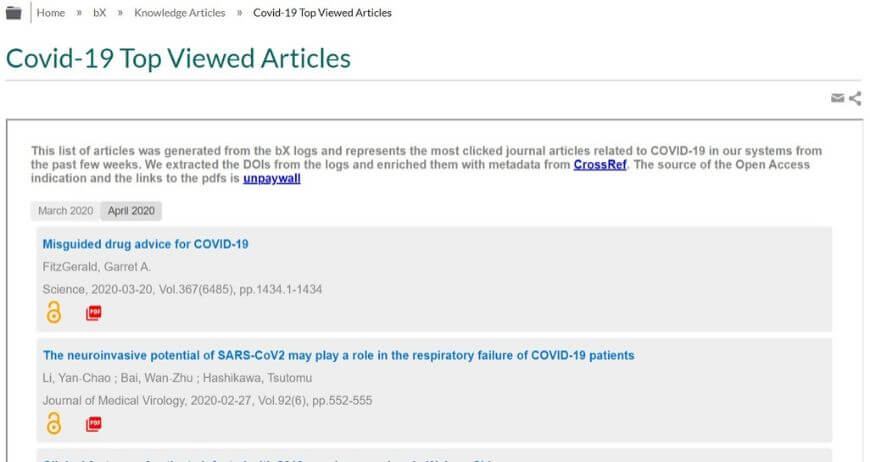The new registration service is open to all institutions, not only to Primo customers (read more here). The goal is to enable users at Primo institutions to discover all available material equally. The Primo Central index already contains a number of repositories such as Harvard’s DASH.
Here are a few more thoughts about institutional repositories. While open access publication in general plays a key role in providing free access to publicly funded research, institutional mandates can play a key role in accelerating self-archiving in institutional repositories. Yassine Gargouri, Stevan Harnad et al note in their study Green and Gold Open Access Percentages and Growth, by Discipline: “Mandates almost immediately triple the baseline Green OA self-archiving rate”. The Registry of Open Access Repositories Mandatory Archiving Policies (ROARMAP) lists over 250 mandates while the Directory of Open Access Repositories – OpenDOAR lists over 2200 repositories worldwide – both with a steady increase.
There are a number of publications that help institutions to shape their repository strategy. Peter Murray-Rust’s blog post Criteria for successful Repositories gives an excellent overview of the issues to consider when establishing an institutional repository. Harvard University publishes in-depth advice on their Wiki Good practices for university open access policies. In their very interesting article, Institutional Repositories: Exploration of Costs and Value, C. Sean Burns, Amy Lana and John M. Budd discuss the results of a recent survey and highlight dependencies on whether institutions mediate submissions or allow un-mediated deposits, the software type used, and what other services are being offered by the institution.
For institutional repositories to be successful, authors must have clear incentives to deposit their material there. Discoverability (and consequently better chances of being cited) is a powerful motivator and Primo Central makes IR materials as discoverable as other content. The emergence and uptake of alternative usage-based metrics—as described in my altmetrics post—emphasizes the need for exposure to achieve impact scores that can help with tenure and grants. Finally, open access publishing in general is becoming increasingly attractive for authors as arguments against it are starting to crumble.
Here are two stories that illustrate this change: Firstly Mike Taylor’s article Hiding your research behind a paywall is immoral. (Chris Chamber’s response Those who publish research behind paywalls are victims not perpetrators is an equally interesting read). Secondly, projects based on self-archived content have begun to emerge, such as the Episciences Project, to create a platform for arXiv overlay journals, which is discussed in Tim Gowers’ blog post Why I’ve also joined the good guys. Whichever open access route authors take – gold or green – exposure and discoverability are important to all of them.
The institutional repository registration service for Primo Central is part of a wider Ex Libris initiative to support open access. In addition to adding more open access material to our indexes we are also improving access to open access articles in subscription (hybrid) journals (discussed in an earlier blog post) and we will continue to enhance this initiative.









